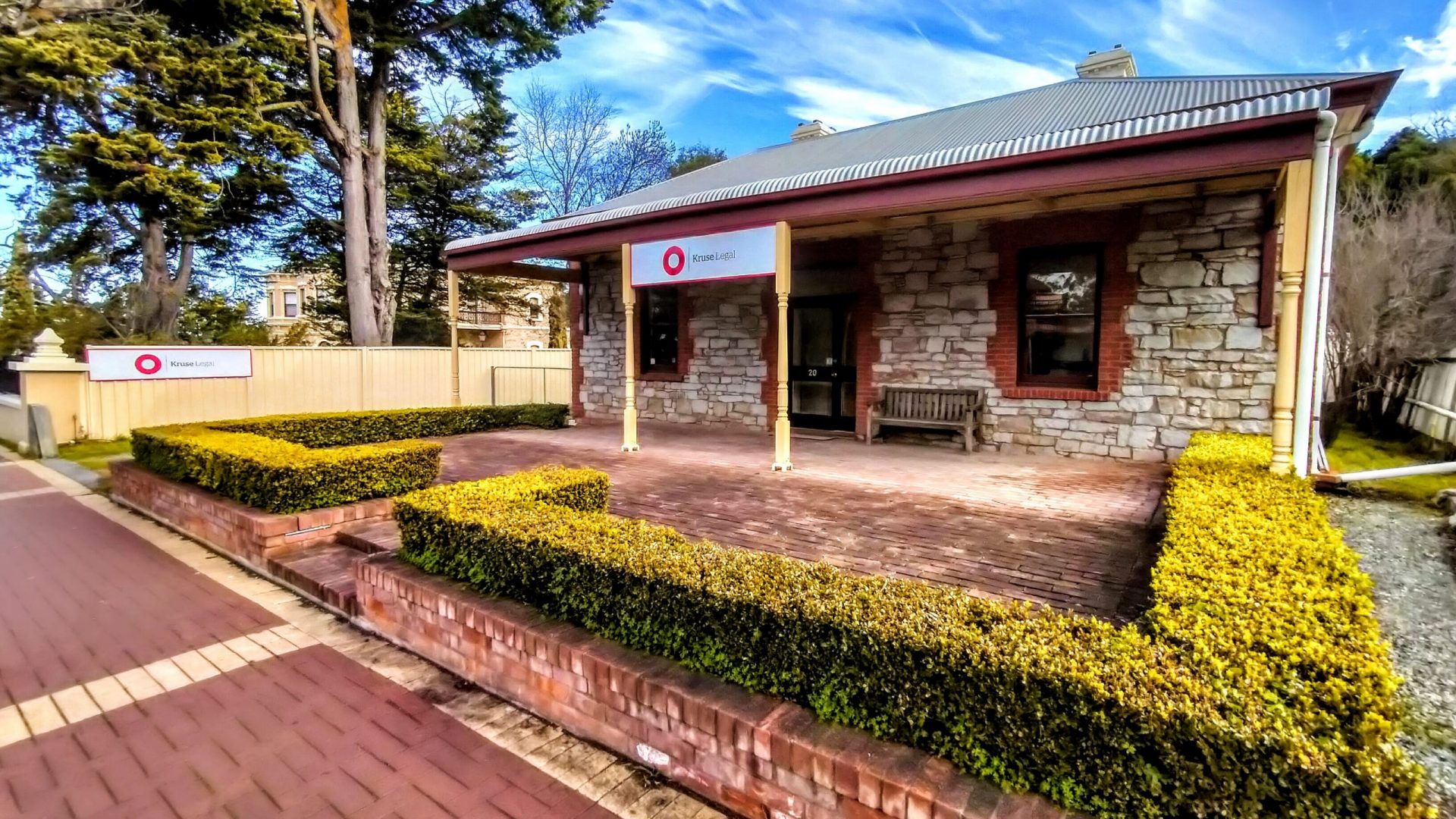As legal professionals, we play an important role in recognising and responding to Elder Abuse. Elder Abuse is very complex and often involves the people, relatives or friends, known and trusted by the older person.
We are are often the first to witness Elder Abuse and may be in a position to help. We are aware of the signs of Elder Abuse and know what you can do and where you can go for more information and support.

Background
Elder Abuse is an act that causes deliberate or unintended harm to an older person, from a person they know and trust.
Around one in 20 older Australians experience some form of abuse from someone they trust, who is often a member of their own family. This abuse can be financial, emotional, physical, neglect and even sexual.
Over the past five years, this type of Abuse has most commonly included financial and emotional abuse and in 80 per cent of cases the abuse was carried out by a family member.
Older people may be vulnerable to abuse, which can often go unnoticed, especially where there is increasing frailty and physical or mental decline. Elder Abuse can be a hidden problem as it happens in the relationships where the community may least expected to occur.
Take action if you suspect abuse is occurring or you want to check in with your own experiences. Call the SA Elder Abuse Prevention Phone Line on 1800 372 310
Recognise the signs and help put an end to Elder Abuse – click www.sahealth.sa.gov.au/stopelderabuse for more information.
The campaign is a key action from the Strategy to Safeguard the Rights of Older South Australians, Action Plan 2015-2021.
